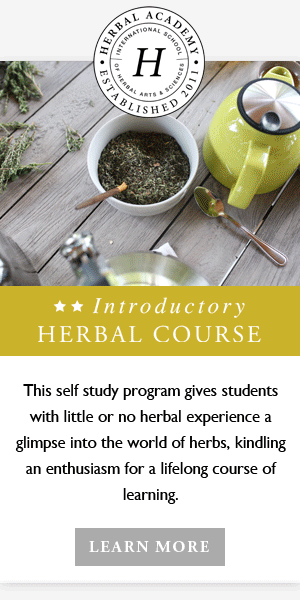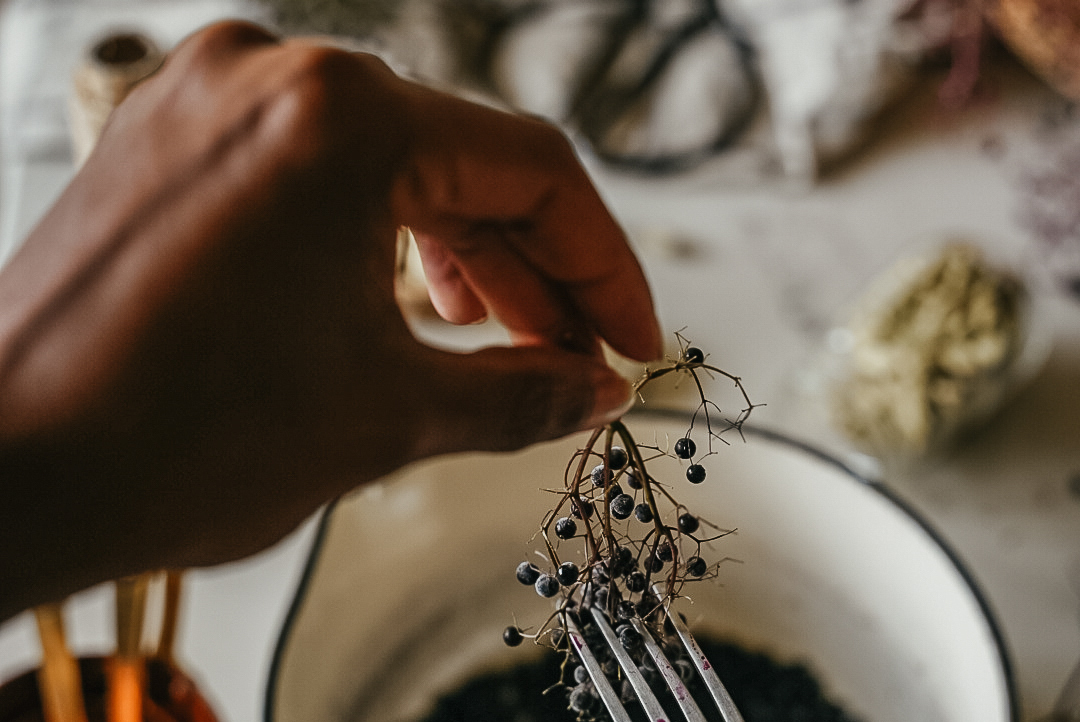
How To Make Immune Stimulating Elderberry Syrup
Holy shi…………itake! We are being invaded by cold and flu viruses! But, that doesn’t mean that we are helpless. Instead, we can use simple herbal support, such as an immune-stimulating elderberry syrup, to support our bodies as they resist viral pathogens like the common cold and flu virus.
First of all, no one has time to be sick, but unfortunately, sickness happens to us all. Don’t you think it would be nice to support your body using natural herbs when you’re sick so your body can get back to its natural state of health, faster?
Of course it would!
This is where traditional herbs like immune stimulating elderberry syrup come into play.
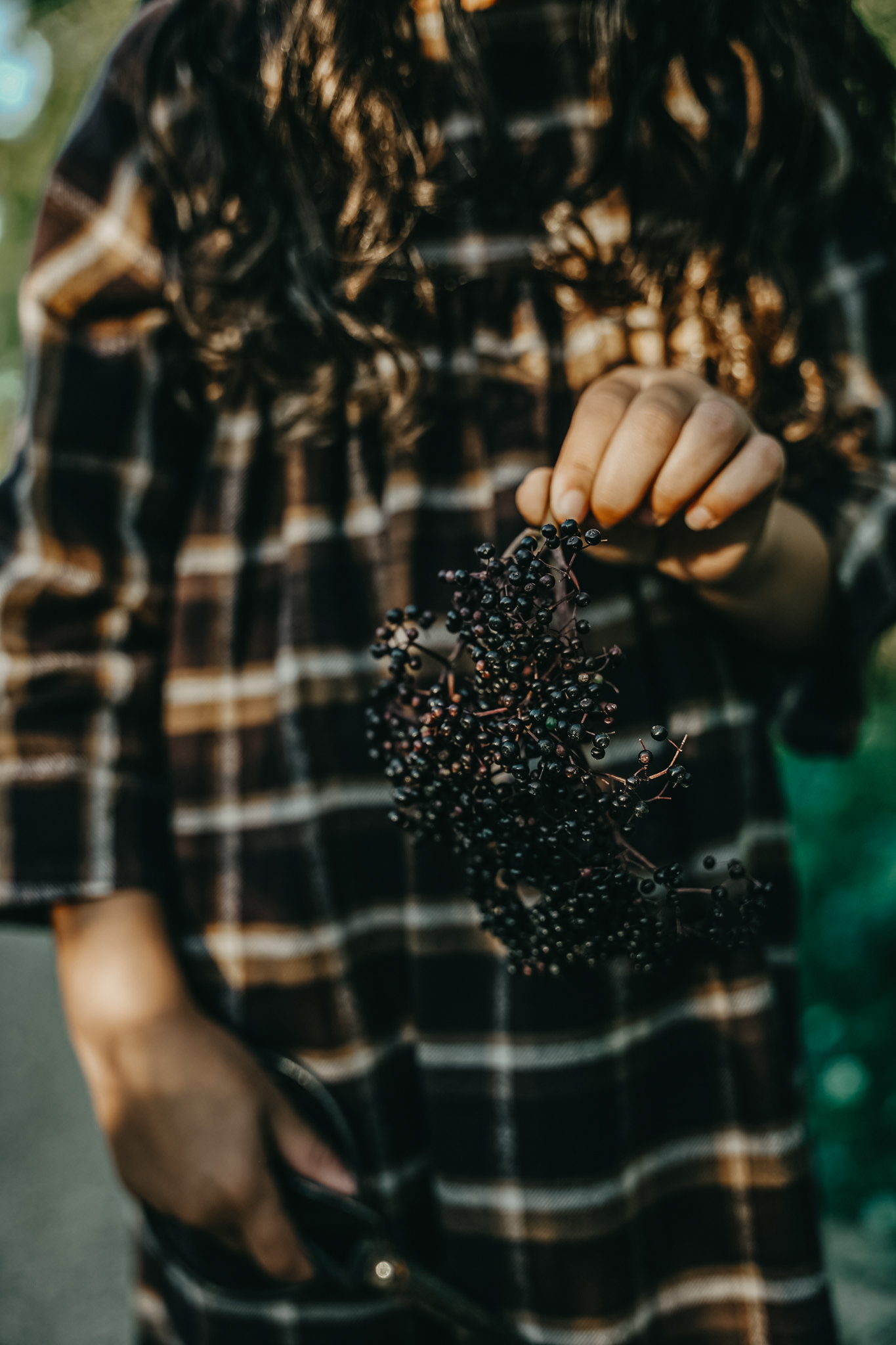
Your Time Is Valuable
According to the Centers for Disease Control, cold and flu season is upon us, with flu season peaking anytime between December and March (Summary of the 2015-2016 Influenza Season, 2016).
With work, school, family, and many other responsibilities on your shoulders, getting sick simply feels like another “to-do”… one you don’t have time for.
In the United States, children miss close to 22 million days of school and 20 million missed days of work by adults—and that’s just for colds alone (Pappas, n.d.)!
Seeing how you have things to do, your time is valuable. This is why it’s important to take care of your body, especially during times when you are more susceptible to pathogens, such as cold and flu season.
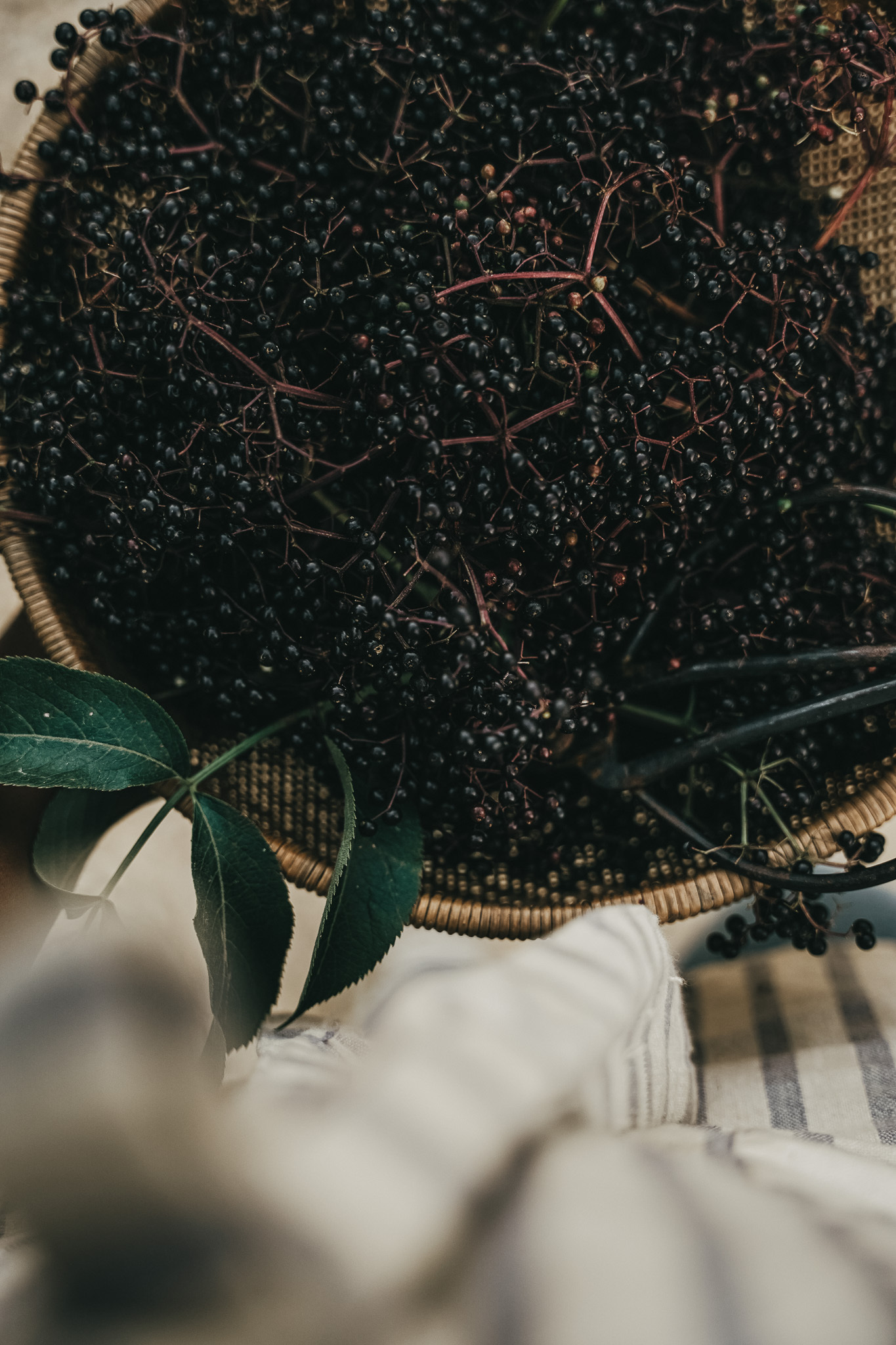
Prevention Is The First Step
Prevention is the first step to doing what you can to keep from getting sick.
First, making sure you’re eating a healthy diet is key.
You want to fill your diet with food full of nutrients and plenty of antioxidants so your body is functioning well. Try to cut down on foods that cause inflammation and suppress the immune system such as too much gluten (if you are sensitive) or sugar.
Next, practice good hygiene.
Do your best to make sure you wash your hands using soap and water often. In fact, studies have shown that washing hands decreases the chance of getting a respiratory infection by 16-21% and reduces the chance of getting a gastrointestinal infection by 31% (Aiello et al., 2006; Rabie & Curtis, 2006)!
If you find yourself in a situation where hand washing isn’t an option, try using a homemade hand sanitizer instead.
Lastly, incorporate immunomodulating herbs into your diet.
Immunomodulating herbs are those that are capable of modifying or regulating immune function (Hoffmann, 2003).
Some examples of immunomodulating herbs are ashwagandha, cordyceps, eleuthero, holy basil, licorice, reishi mushrooms, among others (Winston & Maimes, 2007).
These herbs are often taken in capsule or tea form over long periods of time.
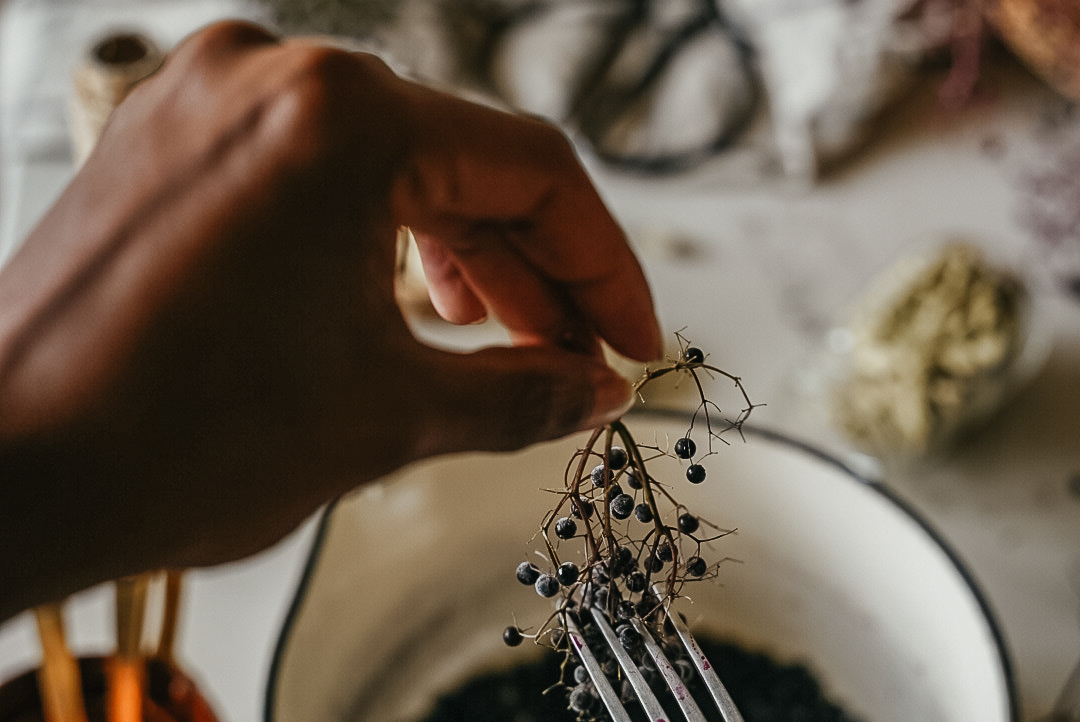
When Sickness Comes Your Way
The world is not a perfect place. Pathogens, like cold and flu viruses, do exist, and people do get sick.
Cold and flu virus symptoms are said to last around a week, but this can depend on the strain of virus you get and how healthy you are to begin with.
Thankfully, when you do come down with a virus, you can incorporate antimicrobial and immune stimulating herbs into your daily routine for your benefit.
Start with Antimicrobial Spices
As soon as you start feeling poorly, consider adding more spices into your diet. Many spices, especially the pungent ones, are classified as antimicrobials.
Herbalist David Hoffmann says, “Antimicrobials help the body destroy or resist pathogenic microorganisms. They help the body strengthen its own resistance to infective organisms and throw off the illness” (Hoffmann, 2003, pg. 244).
Two great spices to start with when you first become sick are ginger and garlic. Both have antimicrobial properties, and may help your body recuperate more quickly.
Add in Immune Stimulating Herbs Next
Immune stimulating herbs differ from immunomodulating herbs in that they stimulate immune function in a very non-specific way. They are often short acting and need to be taken at regular, frequent intervals (Hoffmann, 2003).
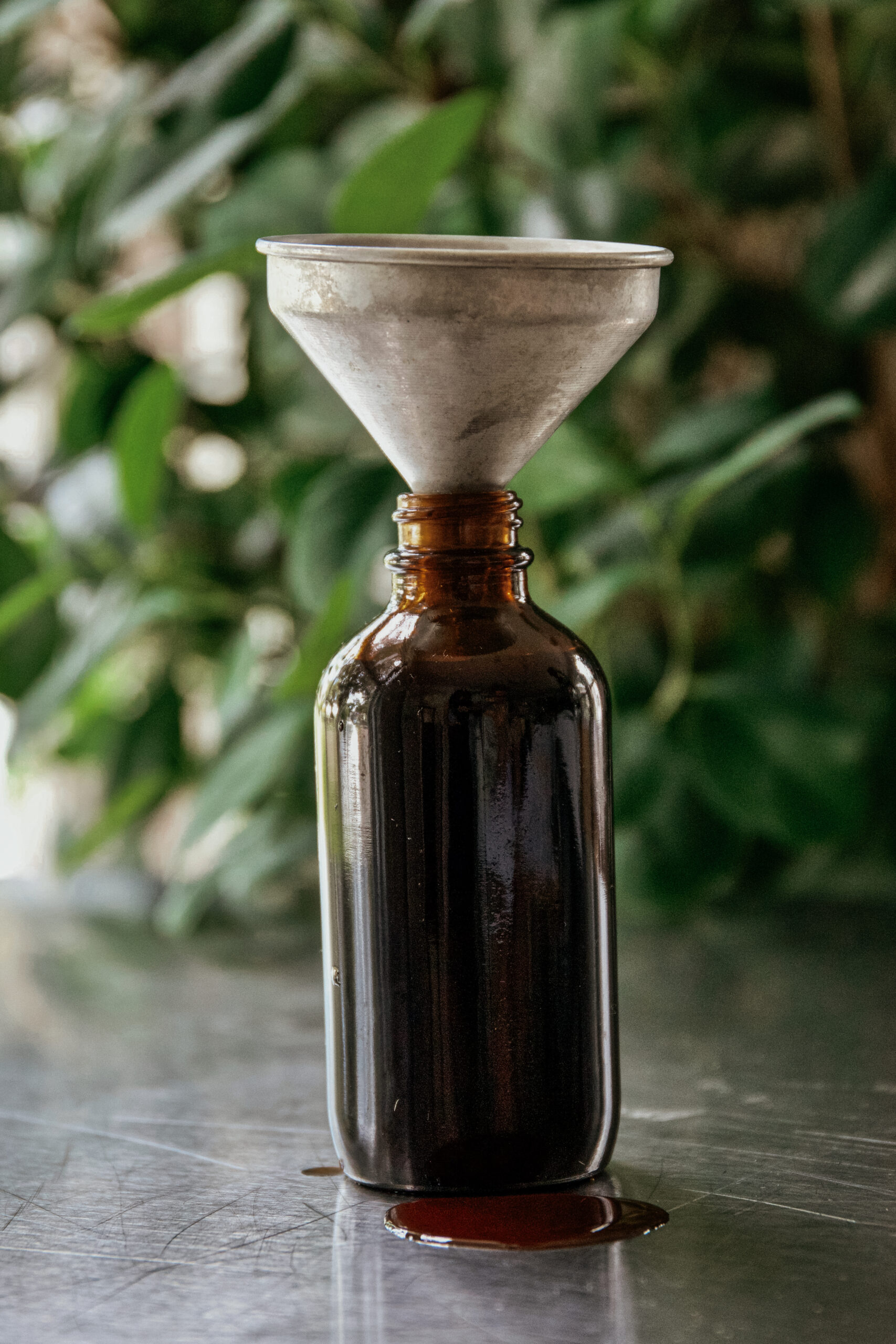
Immune-Stimulating Elderberry Syrup
A great immune-stimulating herbal preparation that can be used frequently as soon as a cold strikes is this recipe for Quick and Simple Elderberry Cold Syrup—one of the hundreds of recipes included in our online Introductory Herbal Course. This affordable and convenient self-paced online program gives students with little or no herbal experience a glimpse into the world of herbs, kindling an enthusiasm for a lifelong path of learning. By the end of the Introductory Herbal Course, you will understand the ways in which the herbal approach can support radiant wellness, and you will feel more comfortable AND excited about making and using your own teas, tinctures, and body care products.
Elderberry is the star of this recipe as it has many beneficial uses for the onset of colds and the flu. This syrup tastes great and can be used for adults and children alike (please use maple syrup instead of honey for children under 1 year of age). Elderberries contain high levels of vitamins A and C and are chock-full of antioxidants. This syrup can be taken daily to strengthen the immune system or as needed to soothe a sore throat or ease a stubborn cough. It can also be taken during a cold or the flu to help decrease the duration of the illness.
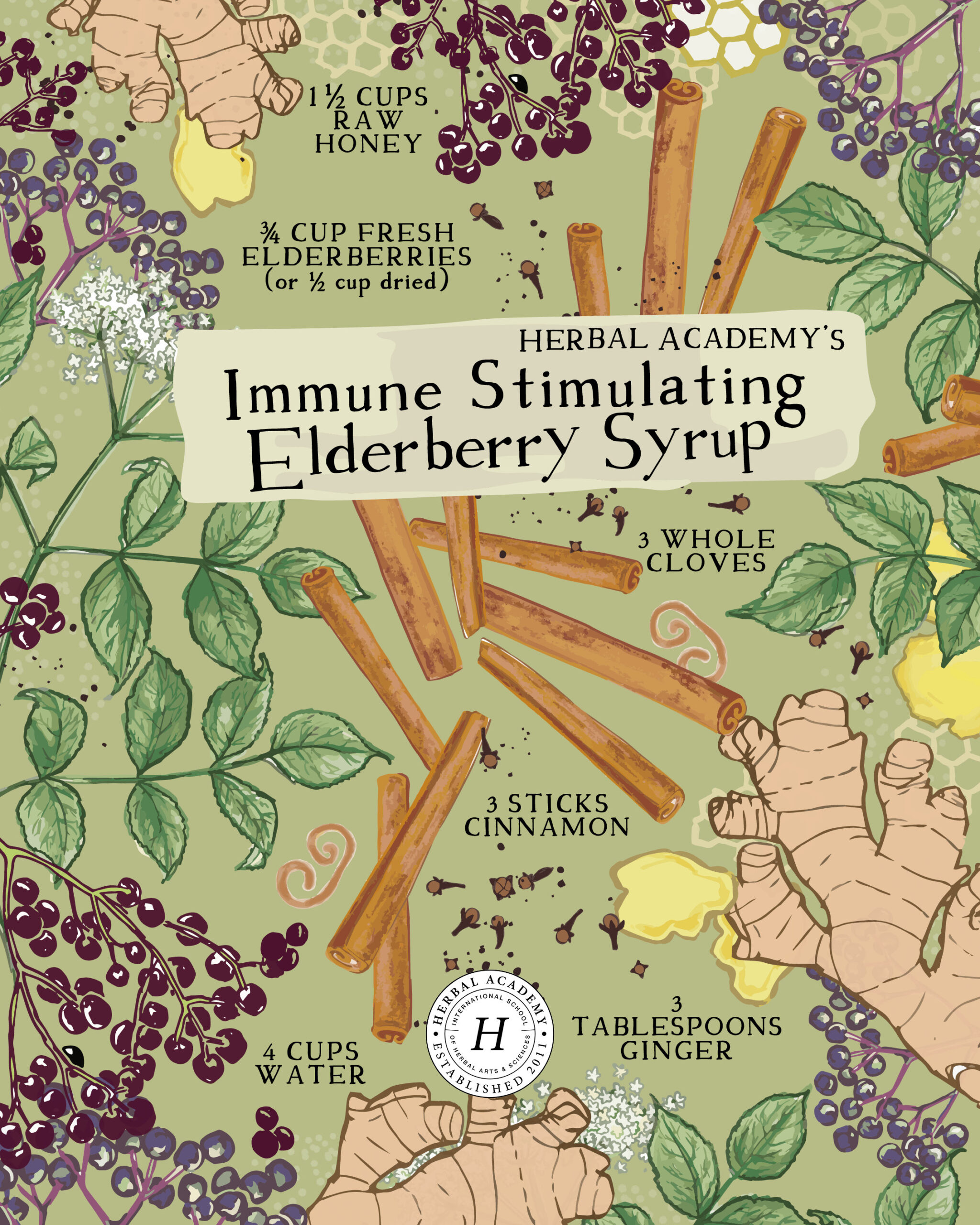
Quick and Simple Elderberry Syrup
- 3⁄4 cup fresh or 1⁄2 cup dried elder (Sambucus canadensis or S. nigra) berry
- 4 cups water
- 3 tbsp fresh ginger (Zingiber officinale) rhizome, chopped
- 3 whole cloves (Syzygium aromaticum)
- 3 sticks cinnamon (Cinnamomum spp.)
- 1 1⁄2 cups raw honey
- In a large, covered stock pot, bring the water, berries, fresh ginger root, cloves, and cinnamon
sticks to a boil. - Reduce the heat and simmer until the liquid is reduced by half and 2 cups remains in the pot.
- Allow the mixture to cool just enough to handle.
- Strain the herbs and return the liquid to the pot.
- Add honey and stir to dissolve.
- Pour the syrup into glass jars, label, date, and refrigerate.
Suggested Use:
Suggested usage for adults is 1 tablespoon up to 3x/day and for children is 1 teaspoon up to
3x/day.
Shelflife:
Refrigerate and use within 1-2 months.
Learn even more about caring for your immune system, balancing health, and preparing for cold and flu season in our Introductory Herbal Course. You’ll get an entire unit devoted to common discomforts like colds and the flu and how to use herbs to maintain balance in these situations.
See what people are saying about this course and sample a free lesson right here!
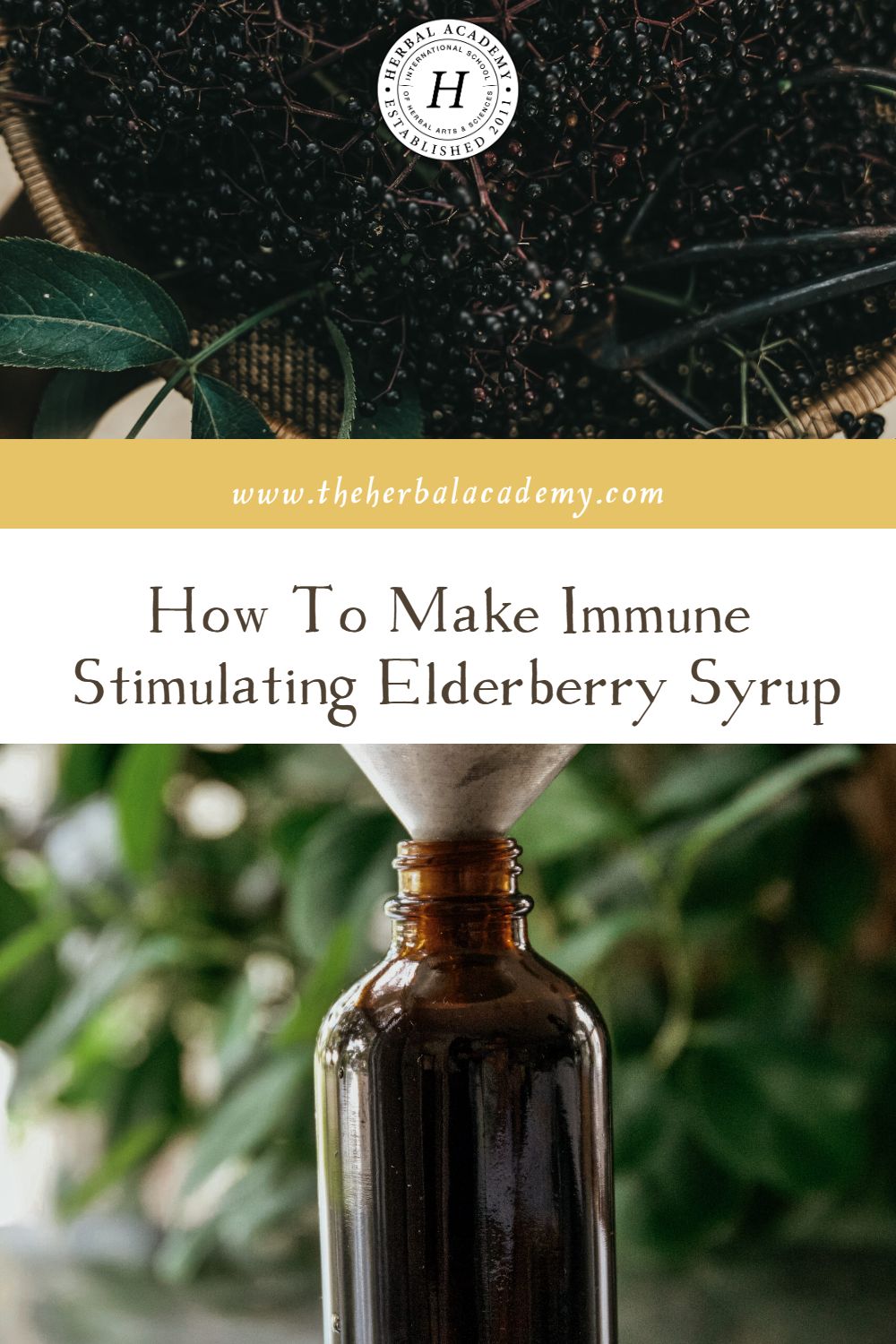
REFERENCES
Aiello, A. E., Coulborn, R. M., Perez, V., & Larson, E. L. (2008). Effect of hand hygiene on infectious disease risk in the community setting: a meta-analysis. American journal of public health, 98(8), 1372-1381.
Hoffmann, D. (2003). Medical herbalism: The science and practice of herbal medicine. Rochester, VT: Healing Arts Press.
Pappas, D., MD. (n.d.). Patient education: The common cold in children (Beyond the Basics). Retrieved November 15, 2016, from http://www.uptodate.com/contents/the-common-cold-in-children-beyond-the-basics
Rabie, T., & Curtis, V. (2006). Handwashing and risk of respiratory infections: a quantitative systematic review. Tropical medicine & international health, 11(3), 258-267.
Summary of the 2015-2016 Influenza Season. (2016). Retrieved November 15, 2016, from http://www.cdc.gov/flu/about/season/flu-season-2015-2016.htm
Winston, D., & Maimes, S. (2007). Adaptogens: Herbs for strength, stamina, and stress relief. Rochester, VT: Healing Arts Press.
Post originally published November 13, 2013. Updated November 23, 2016.

